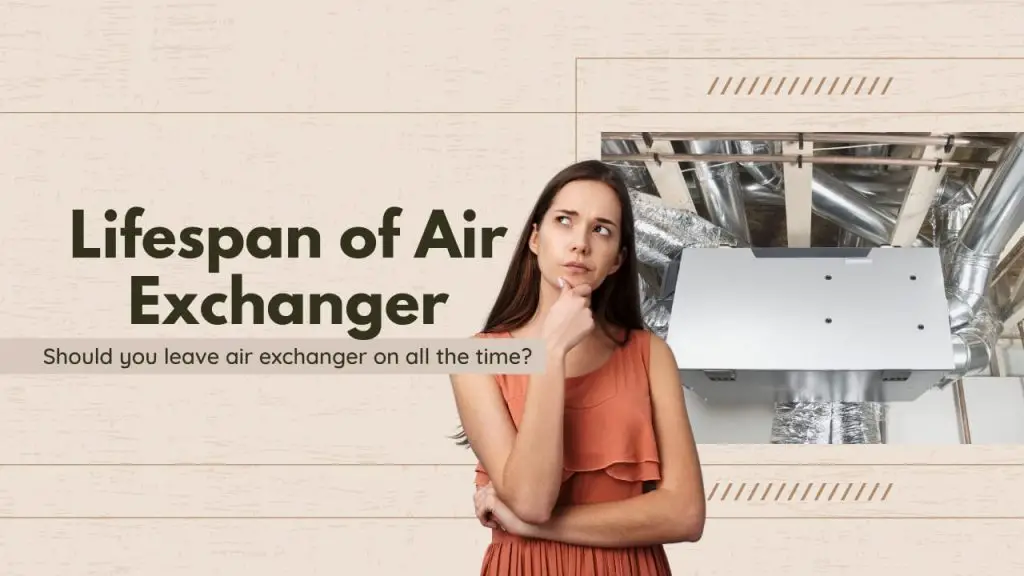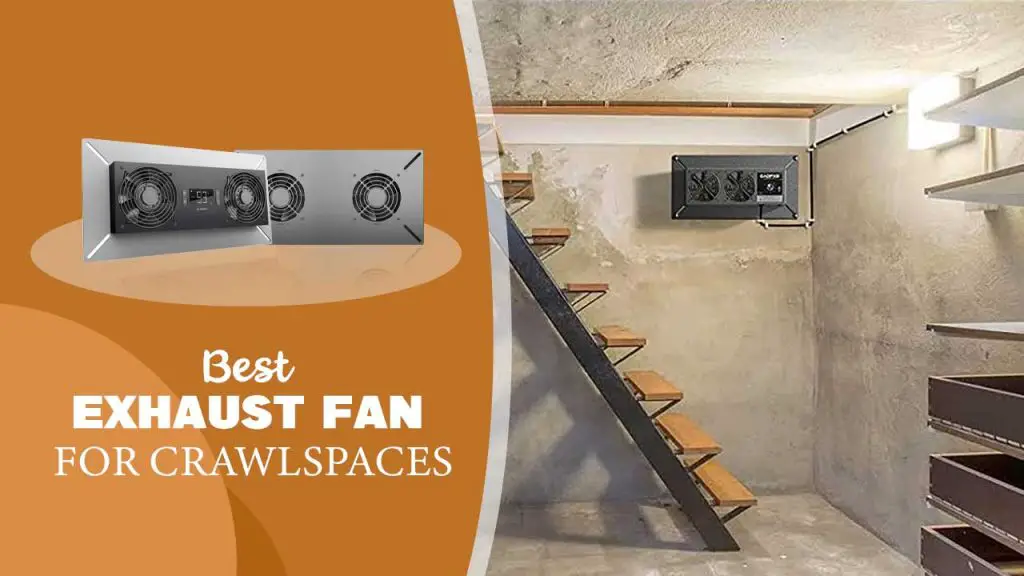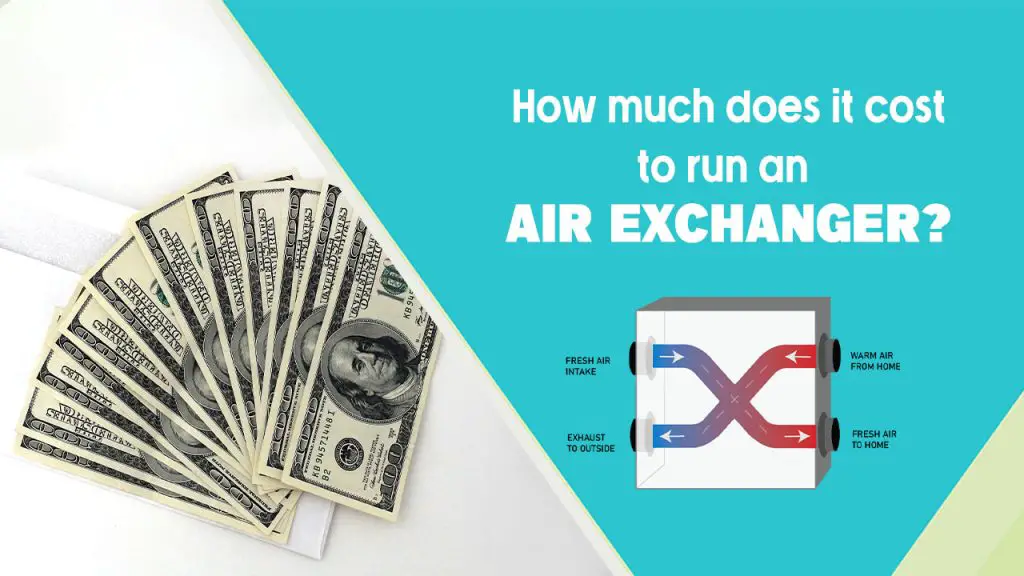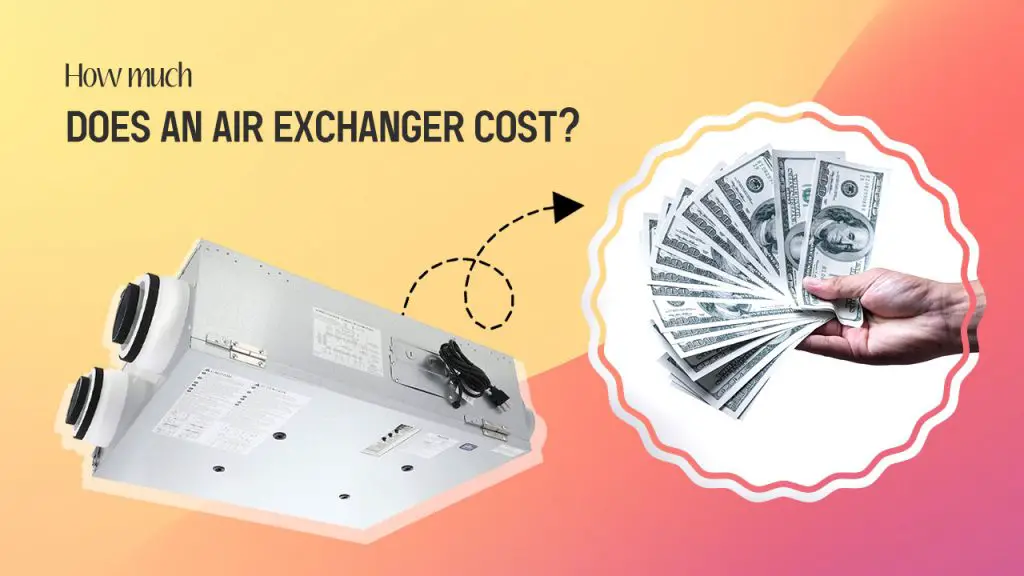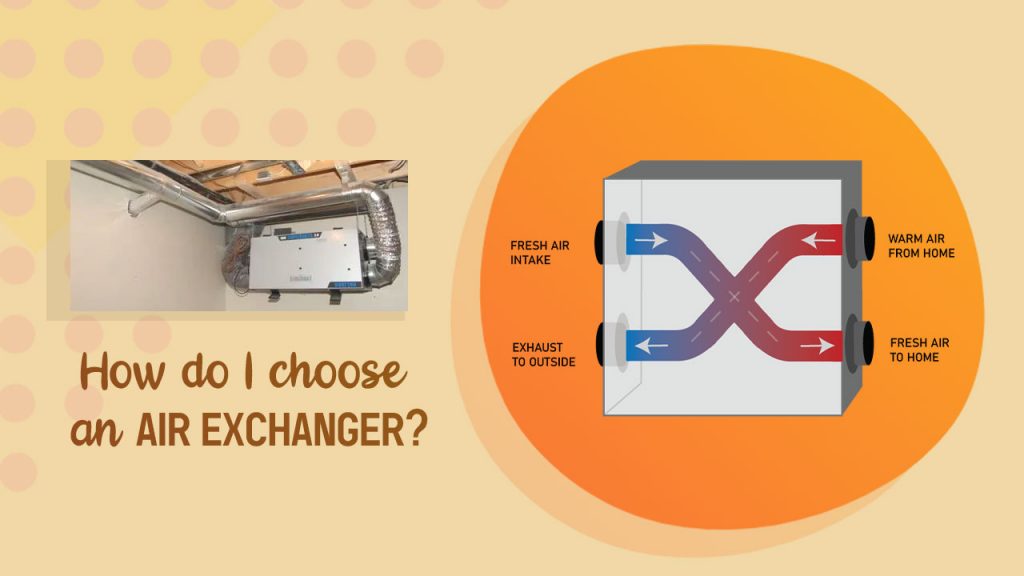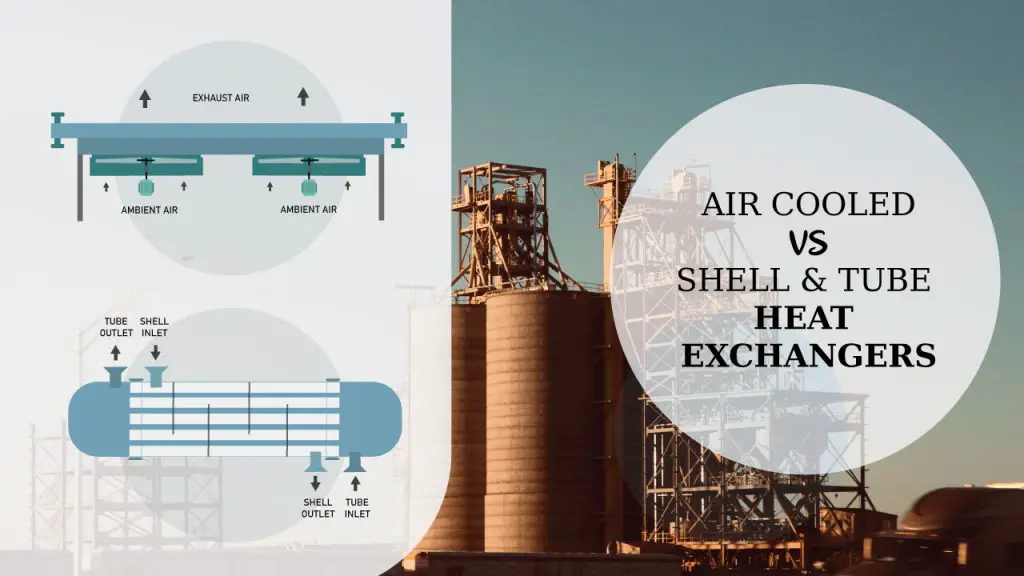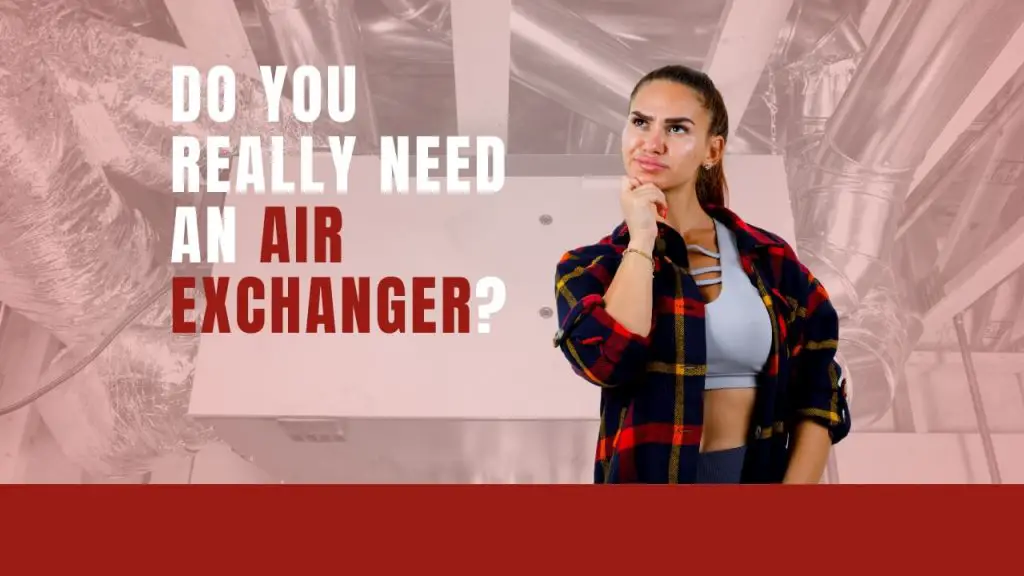Most of our homes are properly sealed with little or no openings to allow indoor air out of the house. This can cause the buildup of pollutants and moisture in the air. Stale air in the room can also cause unpleasant smells and odors, making your stay totally uncomfortable.
Think about all the cooking smoke, cleaning products, pet hair and even CO2 from the gas heater that saturates your home daily, generated by the simple, basic everyday activities we carry out. You need to get them out.
This is why air exchangers are such an important appliance to have in your home. They help to direct stale indoor air out of the home and move fresher, clean air into your home on a continuous basis.
This ensures a steady exchange of the air in your home, keeping it fresh and clean at all times. But, should you run your air exchanger all the time? How much time is enough to have the air quality you desire in your home? We’ll provide answers to these questions shortly.
Should You Leave Your Air Exchanger on All the Time?
Leave your air exchanger running. One simple rule you must know is, leave it On. This is even more practical during the winter when condensation and moisture build-up easily and faster.
This can cause damp odors in your home. You should leave your air exchanger running continuously for effectiveness.
Otherwise, you may not be able to keep your indoor air fresh at all times. You shouldn’t have to bother your head about stale air if you keep it running at a low setting continuously.
Like most HRV systems, the air exchanger unit is quite durable and should last for between 15 and 20 years. If properly maintained, it can go on for as much as 25 years and fewer than 15 years if the opposite is done.
One of the most important components of an air exchanger is the filter. For every air purifying appliance, a filter is needed to stop pollutants and particles.
In this case, it stops contaminants from going into the room along with air. The filter must be properly cleaned, maintained and replaced once every three months (where necessary).
Do You Need to Run Your Air Exchanger in The Summer?
The simplest answer would be No. Many people will tell you that your air exchanger should be run all year round, in the summer and the winter.
However, it may be detrimental and counterproductive, especially if you use other air conditioning appliances like an air conditioner.
Using an air conditioner in the summer means you can keep your indoor air cool and control indoor humidity. The result would be cooler, less humid air indoor and warmer, more humid air outside.
If you use an air exchanger at this point, you’ll be sending this cooler, less humid air out of your home and introducing more warmth and humidity.
What this means is more work for your air conditioner as it will struggle to control the air’s humidity and bring down the temperature as well, and you’ll be forced to let it run longer.
Asides from driving your power bills through the roof, you’ll be putting a lot of pressure on your AC unit and maintenance would be required more frequently than normal. If you’re running your AC in the summer, you don’t need to turn on your air exchanger.
One way to keep the air in your home fresh is turning off your AC periodically and opening up the windows to allow bad air out and fresh air in.
On the other hand, if you don’t own an air conditioner, you should be able to tell which climate is better- indoor or outdoor- before choosing to use or not use your air exchanger.
Should You Turn Your Air Exchanger Off in The Winter?
No, your air exchanger can be a very crucial appliance during the winter so we suggest you leave it on. Whether it’s a heat exchanger or any other type, it should be left ON in the winter.
More often than not, humidity levels in the winter are higher indoors than outdoor. This is caused by condensation, resulting from barriers of moisture and insulation.
You can get some of the drier air outside into your home and reduce the humidity. This will also help to keep your air clean and fresh at all times.
When Should I Use an Air Exchanger in The House?
An air exchanger is necessary for circulating stale air out of the home and bringing in fresher air into the home, especially in homes that lack proper ventilation.
If you do have sufficient ventilation in your home with continuous air exchanges, you may not require an air exchanger.
However, if you do notice that the air in your home is becoming stale and polluted, deploying an air exchanger will do a lot of good.
Furthermore, you should only use an air exchanger indoors, preferably in an enclosed house or room. Air exchangers are not ideal choice for outdoor use.
How Long Do Air Exchangers Last?
Like most other HVAC systems, an air exchanger can last as long as 15 to 25 years, depending on how well or badly it is used.
There are many factors that will determine how many years you get on your air exchanger, many of which are within your control.
Key Factors That Affect the Lifespan of Air Exchangers
1. Proper Installation
This is a very important factor for determining just how long your air exchanger will last. This is because badly installed air exchangers will malfunction.
If you’re not a skilled expert, you should call in a professional to handle the installation. Ensuring that every part is sealed as expected and venting is appropriately situated will see to it that your system works normally and efficiently.
Furthermore, you’ll be eliminating the risk of your unit falling off and getting damaged.
2. Regular Maintenance
Maintenance is more or less a live wire for your exchanger or any other HVAC unit for that matter.
Cleaning and/or replacing the filter as and when due, watching out for leaks, and carrying out other general maintenance will give your unit the power it needs to last longer and live out its expected lifespan.
Routine activities like simply cleaning the air exchanger with a piece of cloth or calling in the maintenance professionals when you hear a strange sound can go a long way in positively affecting its lifespan.
3. Location
Where you live and the kind of weather in that area can also have a toll on your appliance. Dusty, misty environments can cause your unit to collect mist and particles too often, which can wear down its filter and fan.
If not frequently cleaned out, this can cause major problems for your unit. Also, if you live in a warm, arid region, it may take longer for your unit to get the cool air you need, forcing you to leave it to work longer and putting your appliance at risk.
4. Operational Frequency
Running your unit 24hours daily, 7 days a week can also put a strain on it and shorten its lifespan. Like every other appliance, your air exchanger needs some rest time to reenergize and give its components time to heal.
For best results, shut it down for at least an hour at intervals, maybe every 12 hours. This brings down the frequency of wear and tear that constant operation could’ve caused.
5. Size
Size here refers to two things; the size of the unit and the size of the room. In fact, the size of the unit must be in direct proportion to the size of the room it is deployed.
If your room measures 420 sq feet, your unit should be able to cater to a room bigger than that.
Otherwise, you’ll have an appliance struggling to cope, straining itself and working longer than necessary to be effective. This will wear your unit down and shorten its lifespan.
How Often Should You Clean Your Air Exchanger?
Some people clean their air exchangers every three months, some twice a year and some others once a year. Depending on how frequently you put it to use, once or twice a year should do.
To clean your air exchanger, you should focus on components like the exhaust duct, ventilator, recovery core, and drain pan.
However, your filters would require more frequent attention and you can clean or replace those at least once every three months. Generally, just know that your air exchanger needs to be cleaned to stay active and last long.
Final Words:
Air exchangers in whatever form, whether it’s a heat exchanger or ventilator, can be a useful appliance if you live in a home without proper ventilation. With an air exchanger, you’ll get natural-flowing, clean, fresh, cooler air from the natural outdoor climate into the comfort of your home.
| Photo | Title | Buy |
|---|---|---|

|
LEVOIT Air Purifier for Home & Bedroom - For Allergies and Pets Hair | Check Price On Amazon |

|
BREEZOME 60 OZ Quiet Dehumidifiers for Home, Dual-Semiconductor | Check Price On Amazon |
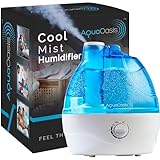
|
AquaOasis™ Cool Mist Quiet Ultrasonic Humidifier for Bedroom & Large room | Check Price On Amazon |

|
43.3'' Portable Air Conditioners, 3-IN-1 Evaporative Air Cooler w/Remote | Check Price On Amazon |

|
BlueDri BD-AS-550-BL Negative Machine Airbourne Cleaner HEPA Air Scrubber | Check Price On Amazon |
